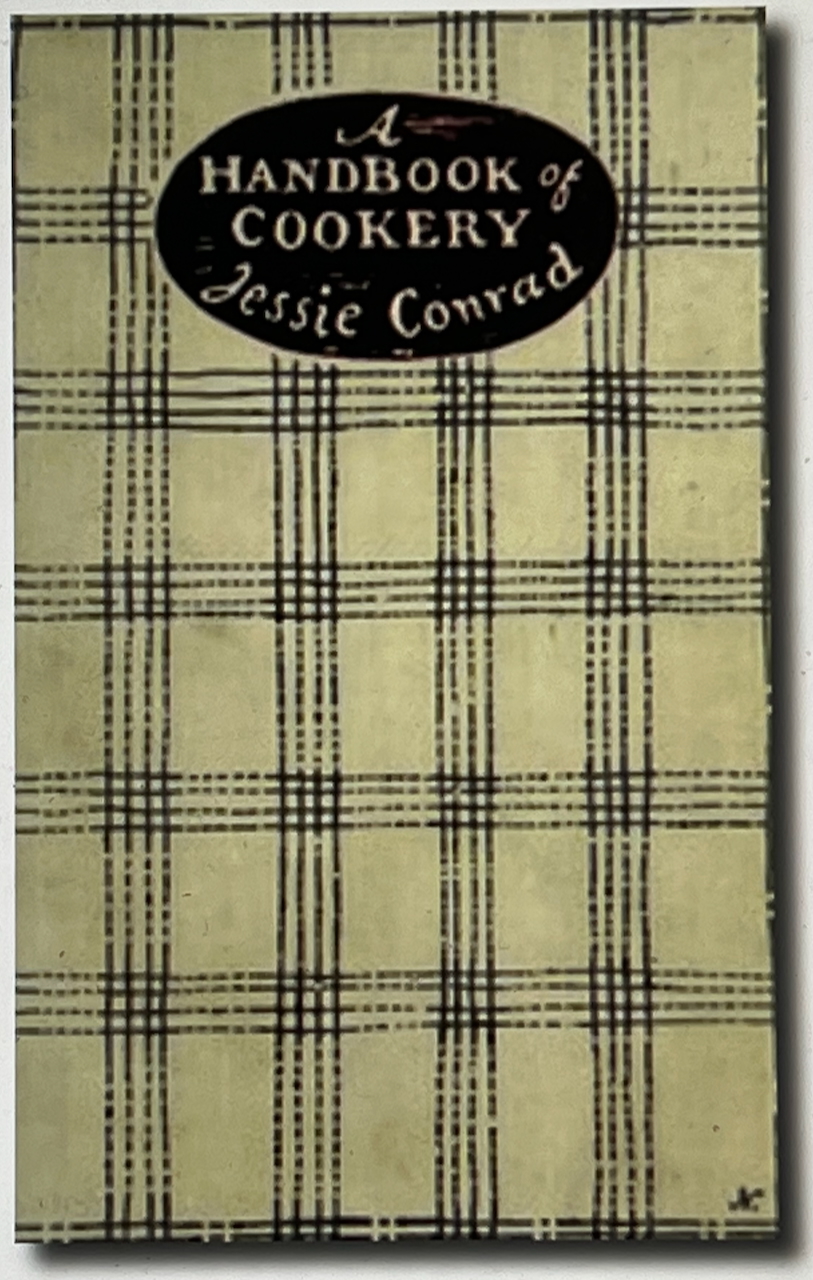Easter Baskets Will Arrive Per Contract, Cartel Insists
March 30, 2024

All the big holidays involve pleasure-by-glut, from the gifting of Santa to fireworks on the Fourth. Glut is a celebration of freedom from want, but it is important to these particular gluts that they arrive by an external source of magic, which covers its tracks with prosaic details. The reindeer have names; you think Santa is just some icy teamster?
Easter baskets are also about having a lot, instead of not. They too are delivered magically by a pagan creature doing gig work for Christian interests. That farming-out is understandable, but is it not odd that for some reason (which exceeds history) the basket is elemental to the ritual? No one offers you a Milk Dud on their palm and says, Enjoy. The sun did not die this winter, and crops will grow again.
The cornucopia of Thanksgiving, that old horn of plenty, is a basket too. (Nothing bad was ever given to me in a basket. Flight attendants on the hop from London to the Highlands hold out woven baskets filled with hard candies and say, “Sweetie?”)
What are details such as baskets getting at? Adults quibble over them: rabbits do not lay eggs, for instance. But that is beside the point. It was always clear to me rabbits were symbols of fertility, and eggs symbols of fecundity, and that the Easter bunny contracts with local chickens and chocolatiers in Switzerland to make children happy. This does not require Paul Krugman to explain.
Kids can be more direct in their testing. One year my sons, smart and empirical, wanted to run the experiment of dusting flour on the porch to see what kinds of footprints were left during the delivery of their Easter baskets. I helped them set it up. The next morning the unseen rabbit rang the antique bell in the front door, as usual. As usual, I was in the kitchen at the back of the house when my sons called me to come see, and by the time I breathlessly hustled to the front door, the boys were exclaiming at the paw prints next to their full baskets. Everything they needed to know was right there.
My mother-in-law refused to admit, ever, that Santa and the Easter Bunny might not be real. Of course she was right. Children grow up, go to school, get jobs, may have their own families, and at some point usually stop getting gifts from magical beings. But it is not that the magic does not exist. It is that the children themselves have become part of the great, benevolent cartel of nurturers of warmth and plenty.
Some magic you can stare at: that chimney is how Santa arrives; this Thanksgiving dinner is so big it has overwhelmed the family stove. In older times, cane grown under the heat of a spring and summer sun might be woven into wicker through long winter evenings. Other magic is too great to take in directly: the sun, our hearts in the baskets of our chests, love.





